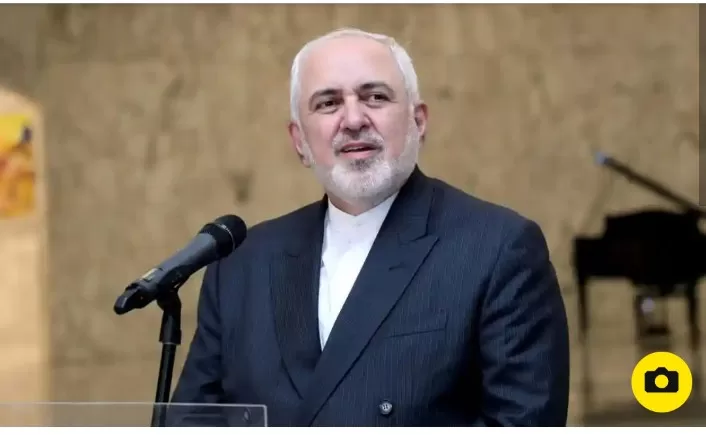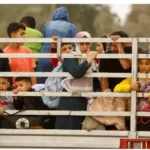Mohammad Javad Zarif, the former Iranian foreign minister, has issued a fervent plea for Iran to steer clear of direct confrontation with Israel or the United States amid escalating tensions in the region. Zarif emphasized that safeguarding the Palestinian cause necessitates avoiding actions that could be construed as Iran acting as a proxy. He contended that Israel is actively seeking to entice Iran into a conflict and cautioned against falling into that trap.
In two notable addresses, Zarif faced accusations of betrayal for his stance, where he asserted that defending what is just does not mandate military mobilization. He criticized U.S. Secretary of State Antony Blinken, alleging an attempt to draw Iran into the Gaza conflict without substantial evidence linking Iran to specific events. Zarif underscored the adverse impact on ordinary citizens in any war scenario, emphasizing the economic toll already faced by the Iranian populace due to sanctions.
Zarif’s interventions, presented to the Bar Association and on a Telegram channel, were prompted by relentless calls for Iran to engage in the conflict. He highlighted the potential dire consequences for the Iranian people if drawn into a wider war, pointing out that government officials would remain largely unscathed while the civilian population would bear the brunt.
Expressing concern over Israel’s motives, Zarif accused Prime Minister Benjamin Netanyahu of attempting to prolong the conflict and draw the United States into the fray. He argued that Iran and Hezbollah’s entry into the conflict would align with Israel’s objectives, furthering its agenda to involve the U.S. on its side.
Proposing a diplomatic approach, Zarif suggested Iran declare its readiness to sign a nonaggression pact with the Gulf Cooperation Council (GCC) states. This, he believes, would demonstrate Iran’s commitment to regional stability and discourage cooperation against the country.
Zarif’s critique extended to the recent statements from the Organisation of Islamic Cooperation (OIC), dismissing them as a continuation of traditional positions with limited impact. Amid criticisms from hardliners, Zarif urged for solidarity in supporting Palestine and condemned factionalism, polarization, and societal discord.







